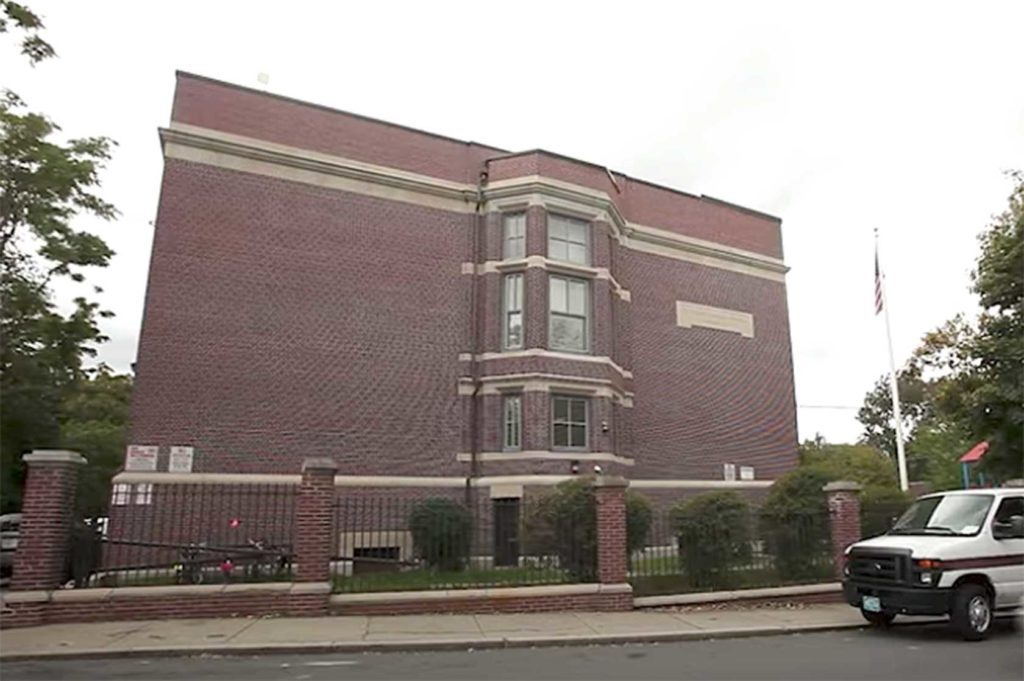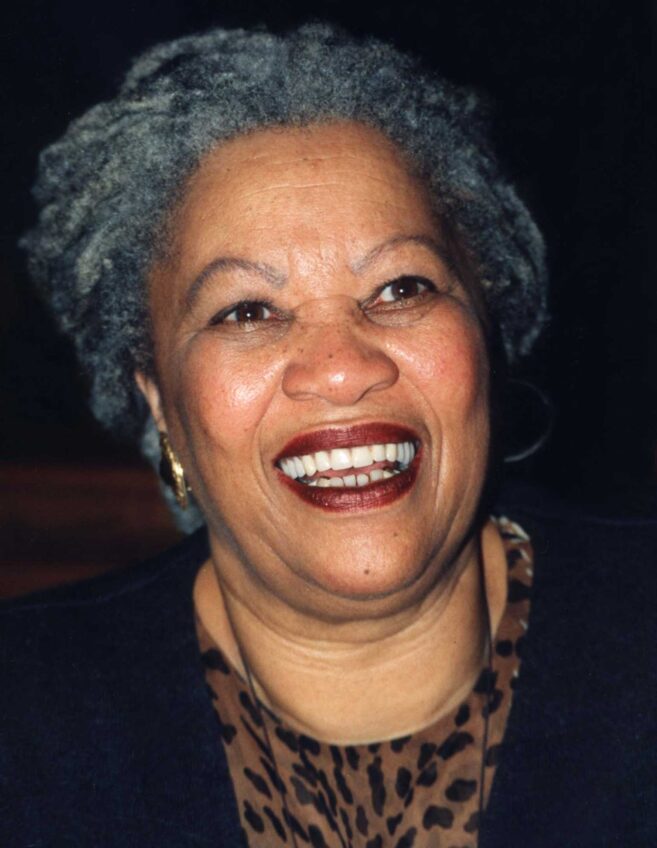
At an Oct. 27 Boston School Committee meeting, Boston Public Schools central office staff proudly displayed a graph of “BuildBPS Sessions for Community Feedback in 2021.” Glaringly missing from the list were the Blackstone, Sumner and Mendell elementary schools. All the schools in the area will be receiving sixth grades except for our three schools. Our schools only learned about the impact of the Irving and Timilty middle school closures a few days before the Oct. 27 meeting. Sumner and Mendell families had been working with BPS on a sixth-grade expansion, and the announcement was a huge surprise. Blackstone families had been working with the district on installing walls and doors, and the sixth-grade expansion was not even mentioned as an option.
The School Committee voted to close middle schools and move the district to a K-6 and 7-12 model shortly before Superintendent Brenda Cassellius was hired three years ago. The decision was made without community input. The rationale is to reduce the number of school transitions for students. Under the current plan, our communities will be the only three K-5 schools in the area not receiving sixth-grade expansions. The students at our schools, therefore, will continue to go through additional transitions that students in the K-6 and K-8 schools will not.
The long-term impact of this decision means we will have a steady drop in student enrollment, as families select other schools with more secure pathways. We have seen other BPS schools that become under-enrolled become under-funded and under-resourced, leading to eventual school closures. The weighted student funding formula, based on a per-pupil formula, is used as the primary means to create BPS school budgets. Because of this, when BPS removes support and resources, underserved schools struggle to maintain their school populations until BPS closes them, blaming families for “voting with their feet” by not choosing to enroll in schools that BPS has stopped supporting.
Through all of these decisions, inequity has been on full display. For example, who gets what information and when has been vastly different from one school community to another. What is most evidently missing is the will to work with the parents, students and educators who have been completely left out of communication, much less decision-making and problem-solving. Since the surprise announcements, our communities have received limited information from BPS, resulting in inconsistent messaging, adding to stress and mistrust of BPS.
Since the announcement and because of strong parent and educator advocacy, our schools have now had walk-throughs and meetings with district staff. Each school has been given different excuses for why a sixth-grade expansion is not possible. One school was told they cannot use parking spaces for modulars, while others have been told they need to sacrifice parking spaces. One school was told that modular sizes could not be adjusted at all, whereas others have been told modular sizes are adjustable. Some school communities have been told they absolutely cannot use specialist space for additional classrooms, while another has been told specialist space needs to be sacrificed.
The Sumner and Blackstone schools are next to or connected to BCYF facilities. District officials have shared that BCYF staff have been uncooperative in sharing space. However, when parents and educators talked with BCYF partners, we experienced something completely different. We have asked for spatial analysis and received nothing. Central office leadership has proposed all-or-nothing solutions rather than working with parents and educators to creatively solve problems together.
Our combined demands are simple: The Mendell, Sumner and Blackstone schools have the physical space and parent and educator support for sixth-grade expansions. The School Committee cannot vote to close the Timilty and Irving schools until BPS has commuted in writing for sixth grade expansions for our schools. BPS staff need to meet with parents and educators weekly until the plans are completed.
The only part of this process that has been clearly communicated is that these decisions are political, not about physical space or resources. As the January deadline for school selection quickly approaches, our school communities are being left without answers. District leaders use community engagement as a way to have meetings rather than to have authentic conversations and work with parents and educators about decisions that affect our communities.
BPS leadership is wasting time crafting excuses rather than authentically working with our schools to create solutions.
Suleika Soto is a Blackstone school parent, Rachel Young is a Sumner school parent and Bridget Colvin is a Mendell school parent.






